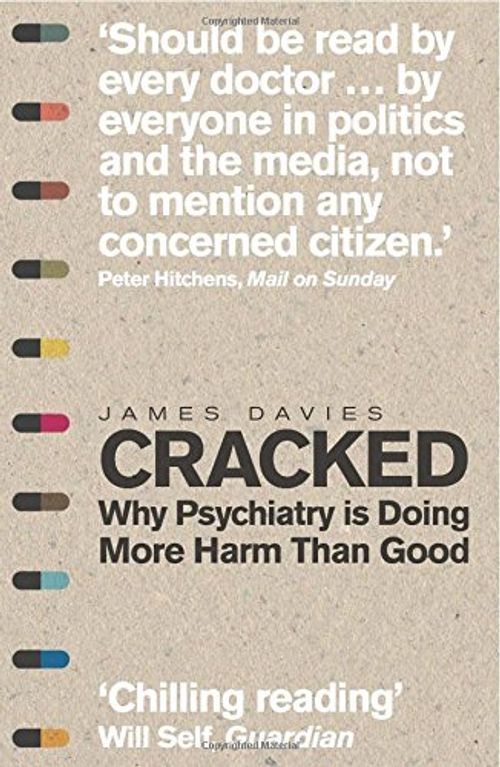Why Psychiatry is Doing more Harm than Good. An Insider's Perspective.
Jul 18, 2021 · 2 mins read
0
Share

The world's, especially the western world's, mental health is deteriorating. 14 to 15% of children suffer from a diagnosable mental disorder. For US adults, it's 26.2% in any given year. But why? Are we getting sicker or is there a deeper reason for these alarming figures?
Save
Share
Psychotherapist James Davies explains in Cracked that there is much the general public don't know about the inner working of psychiatry. To start with, the vast majority of mental health diagnoses are made in a completely unscientific manner.
Save
Share
Professional consensus (psychiatrists gathered around a table), rather than actual physical evidence (there are very few markers in the brain for any mental illness) will lead to a diagnosis of depression, bipolar disorder, social anxiety and more.
Save
Share
Furthermore, perceived wonder drugs - like anti-depressants - don't work. A meta-analysis, conducted by a Harvard professor, revealed that anti-depressants only outperformed placebos by 1.8 on the Hamilton Scale (3 points is the minimum to be deemed clinically significant).
Save
Share
How can this be? Public perception views medication as essential and effective. However, the public doesn't know that pharmaceutical companies are under no obligation to publish negative trials regarding the efficacy of their drugs and FDA approval standards are shockingly low.
Save
Share
Professor Irving Kirsch revealed that 40% of the trials on antidepressants remain unpublished. Furthermore, both US and UK regulatory bodies only require that a new drug can outperform a placebo in two trials for it to be given the greenlight, regardless of how many it fails.
Save
Share
This isn't to say that medication is totally ineffective. It has both a powerful placebo effect (due to the esteem we have for the medical establishment) and can also numb the worst symptoms of mental illness. However, to say that it corrects a chemical imbalance is inaccurate.
Save
Share
Joseph Schildkraut first introduced the chemical imbalance theory to the world in 1965. Since then, despite it being deductive rather than evidence based, pharmaceutical companies have taken advantage of its place in popular culture to market a growing array of drugs.
Save
Share
Despite this bleak outlook, the future for the psychiatric industry is bright if it can separate itself from a purely medical approach. To aid a person, you must consider their important relationships, help them find meaning in their lives and use therapy and social interventions
Save
Share
An individual’s suffering must be understood, rather than being chemically removed. This way we can learn from our experiences and develop as people. This change, Davies reveals, is likely to come from outside the industry as too many are profiting from the present system.
Save
Share
0